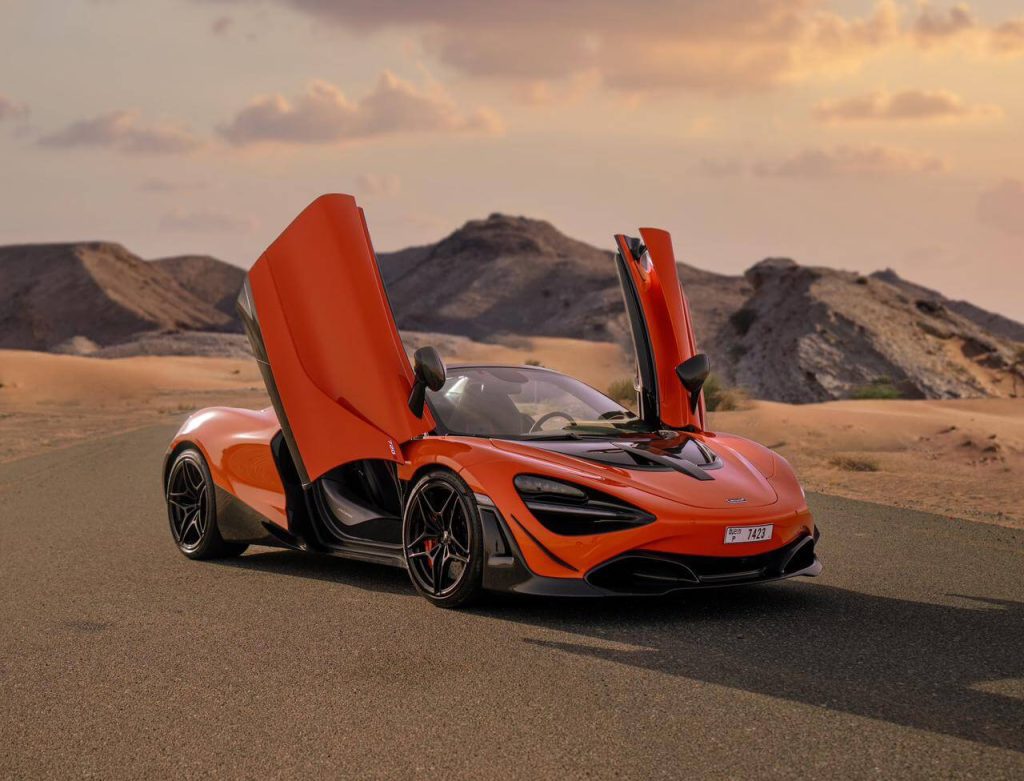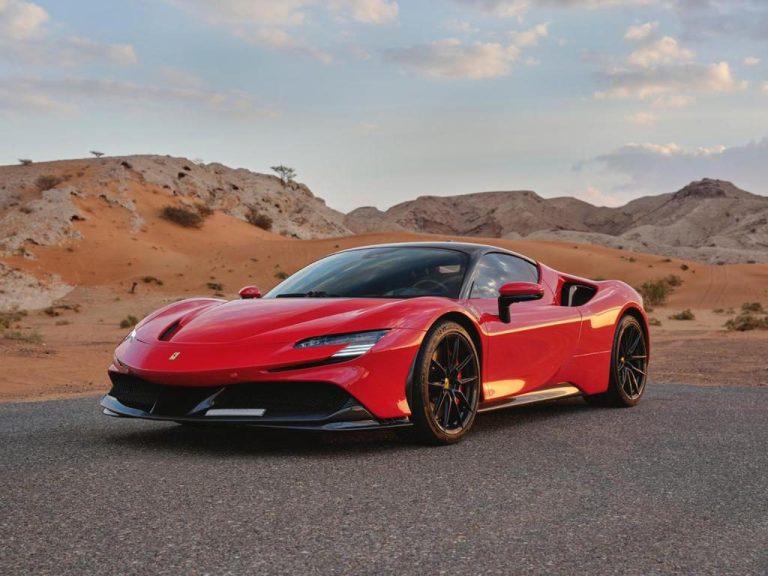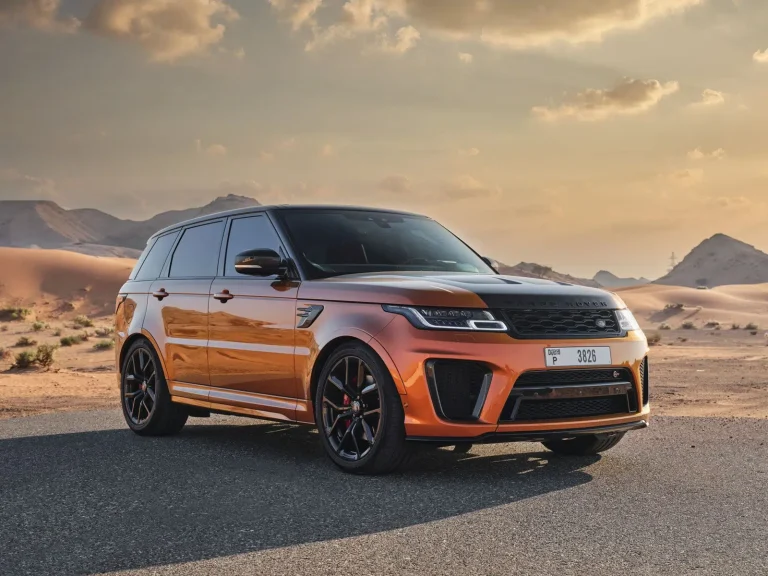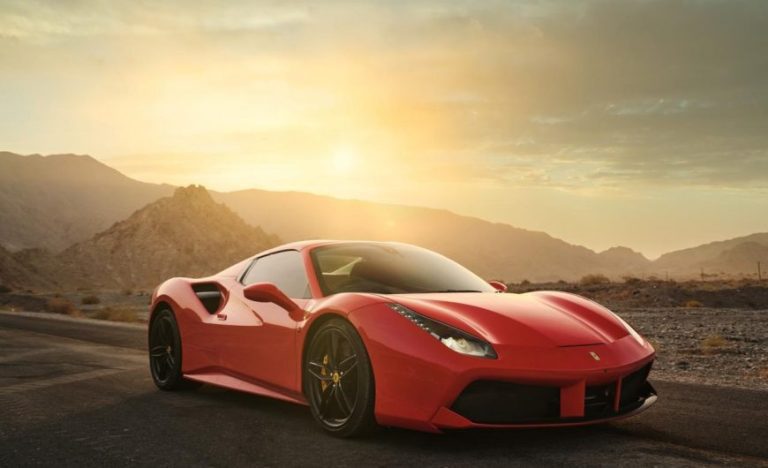In recent years, there has been a growing emphasis on sustainability and reducing our carbon footprint. This has led to the development of electric and hybrid cars as more environmentally friendly alternatives to traditional gasoline vehicles. However, one industry that often gets overlooked in this conversation is the world of super cars.
Super cars are known for their high performance and luxury, with powerful engines and sleek designs that are a far cry from the more practical and eco-friendly vehicles we see on the roads today. But does this mean that super cars and sustainability cannot coexist? Can these high-performance machines adapt to meet the demands of a more environmentally conscious world?
The Evolution of Super Cars
To answer this question, we must first understand the evolution of super cars. These high-end vehicles have been around since the early 20th century, with companies like Ferrari, Lamborghini, and Aston Martin leading the way in terms of speed and luxury. However, as climate change became a growing concern, these companies also had to adapt.
In recent years, we have seen a shift towards hybrid technology in super cars. Models like the McLaren P1 and Porsche 918 Spyder combine electric motors with traditional engines, reducing their carbon emissions while still maintaining high performance capabilities. Other companies, like Rimac and Tesla, have focused solely on producing high-performance electric vehicles.
Challenges for Super Cars in Sustainability
Despite these advancements, there are still challenges that super cars face in terms of sustainability. The main issue is the reliance on fossil fuels, as most super cars still run on gasoline or diesel. This not only contributes to carbon emissions but also raises concerns about the depletion of non-renewable resources.
Moreover, the high cost of super cars makes them inaccessible to the majority of consumers. This means that even if more sustainable options are available, they may not have a significant impact on reducing overall carbon emissions from the transportation sector. Additionally, the manufacturing process of super cars requires a significant amount of energy and resources, further contributing to their environmental impact.
The Future of Sustainable Super Cars
Despite these challenges, there is hope for the future of sustainable super cars. As technology continues to advance, we can expect to see more efficient and environmentally friendly options emerge. In fact, some companies are already experimenting with alternative fuels such as biofuels and hydrogen in their super cars.
The development of self-driving technology also has the potential to improve sustainability in the super car industry. With autonomous vehicles, there is the possibility of optimizing routes and reducing unnecessary emissions from idling or inefficient driving.
In addition, advancements in battery technology and charging infrastructure will make electric super cars a more viable option. We have already seen major companies like Tesla and Porsche introducing high-performance electric super cars, and as the technology becomes more affordable, we can expect to see a wider range of options in the market.
The Role of Consumer Demand
Ultimately, the success of sustainable super cars will also depend on consumer demand. As more people become aware of the environmental impact of traditional super cars, there is a growing interest in sustainable alternatives. This has led to an increase in the production and availability of hybrid and electric super cars.
However, consumer preferences and behaviors can also influence the future of sustainable super cars. For instance, if consumers continue to prioritize speed and power over sustainability, it may be challenging for manufacturers to justify investing in more environmentally friendly options.
The Importance of Government Regulations
Government regulations and incentives also play a crucial role in promoting sustainability in the super car industry. In many countries, there are strict emissions standards that manufacturers must meet in order to sell their vehicles. This has pushed companies to develop more efficient and cleaner technologies.
In addition, governments may offer tax breaks or subsidies for eco-friendly vehicles, making them more affordable and appealing to consumers. This can further drive the demand for sustainable super cars and encourage manufacturers to invest in their development.
While the super car industry may have a reputation for being excessive and environmentally damaging, it is clear that there are efforts being made towards sustainability. From technological advancements to consumer demand and government regulations, various factors are driving the shift towards more eco-friendly super cars.
As we continue to prioritize sustainability and find ways to reduce our carbon footprint, the future of the super car industry looks promising in terms of environmental impact. With continued efforts and support, we can hope to see a greener and more sustainable future for high-performance vehicles.
Interested in Supercar Rental? Contact Luxury Supercar Rentals Today!
If you’re interested in experiencing the thrill and luxury of a super car while also being mindful of its sustainability, consider renting one from Luxury Supercar Rentals. Our fleet includes some of the most prestigious and high-performance vehicles on the market, all with the latest eco-friendly technologies.
With our flexible rental options, you can choose to drive a different super car each time or have the same one for an extended period. We also offer delivery and pick-up services, making it convenient for you to enjoy your dream car wherever you are.







